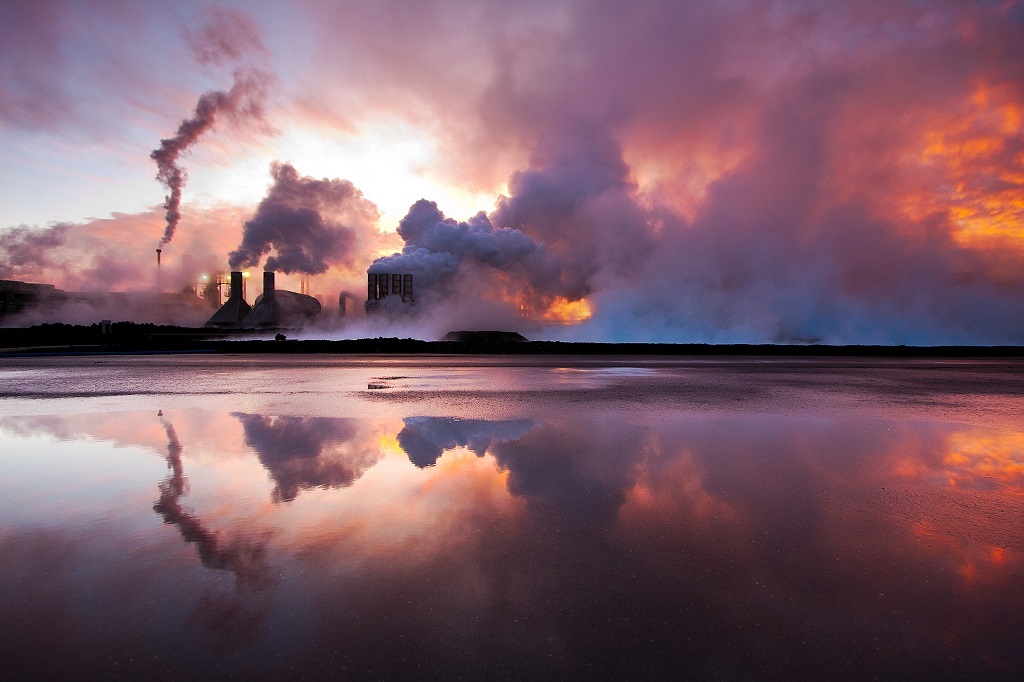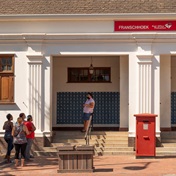
- Iceland is facing electricity shortages this winter.
- Iceland will take at least four years to bring online new generation capacity.
- The country is fuelled by geothermal power and hydro generation and even considered exporting electricity.
Isolated from any other country's power networks, Iceland has this winter faced a new predicament: running out of electricity.
Sitting in the Atlantic Ocean, 850 kilometers from the Scottish coast, the country had to be self-sufficient in electricity generation, and power was always so plentiful that a large aluminium-smelting industry emerged half a century ago to churn wealth for Icelanders, who until then had relied on fishing for their livelihoods.
Located between two tectonic plates, the land of glaciers, highlands and ample rainfall is fuelled by geothermal power and hydro generation. Iceland has even considered exporting electricity, but never undertook the investment to connect to any other countries' grids on economic grounds.
But this winter, rising demand from an electrifying society and power-hungry industries combined with low reservoir levels after summer droughts meant the country spent four months curtailing power to certain industries, including fish-meal factories and district heating plants in some remote areas.
While the restrictions have for the most part ended after recent rains, Iceland is taking in the lessons.
The need to increase generation capacity "is quite urgent," Hordur Arnarson, chief executive officer of national power company Landsvirkjun HF, said in an interview. Still, there's no quick respite in sight, as it will take at least four years to bring new generation capacity - up to 300 megawatts - online, he said.
The world's biggest power producer relative to the size of
its population, Iceland sells almost 80% of the electricity generated in the
country to its heavy industry - the bulk of that made up by aluminium smelters
belonging to Rio Tinto Plc, Century Aluminium Co. and Alcoa Corp.
When power has been scarce, the smelters continued to be served by their long-term contracts. In contrast, fish-meal factories in the east of the country have been running on oil, because there was no electricity to power them, and heat for some homes had to be generated with crude over the winter.
All that has put environmentalists on the back foot.
"It's crazy that people in the Westfjords need to heat their houses with oil when electricity supply goes down," Audur Onnu Magnusdottir, general manager of environmental association Landvernd, said in an interview. "The big international companies are prioritised. This shows how flawed our priorities are."
What she wants to see going forward is more focus on where energy is spent and reducing consumption.
"We cannot be pressured by polluters of the world to sacrifice our nature," Magnusdottir said, referring to plans to increase land use on power production, even for renewable energy.
The power crunch has also meant lost opportunities to
diversify the economy, said Sigurdur Hannesson, managing director of the
Federation of Icelandic Industries. Several green projects were pulled because
companies couldn't get power contracts, he said in an interview, adding that
algae-based foods and battery production are among industries that could be
built if electricity could be secured.
The government is taking a middle road as it weighs new power projects. Key considerations include ensuring the public benefits from private profits in energy generation, and what power will be used for, Prime Minister Katrin Jakobsdottir said in an interview.
"The domestic energy transition should be prioritised over the extensive export of energy," she said. "Those of us who want to protect nature a lot, like myself, and those who are more pro harvesting, all need to look at the overall interest."




 Publications
Publications
 Partners
Partners












